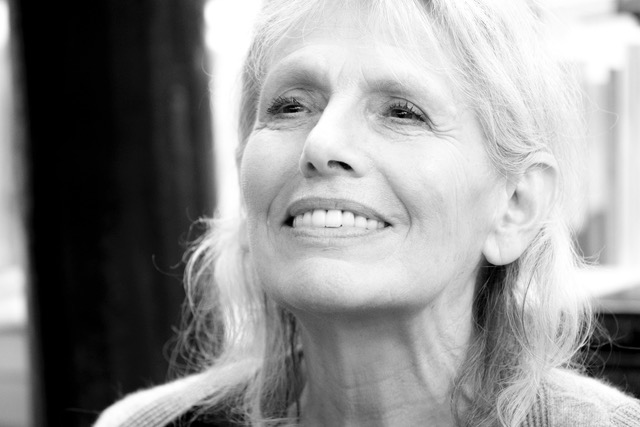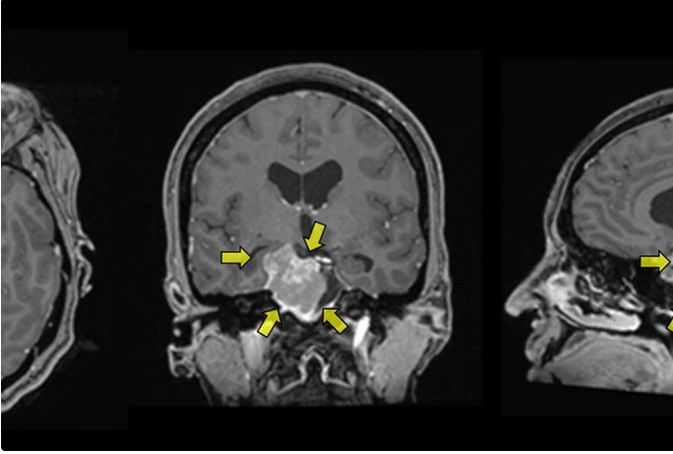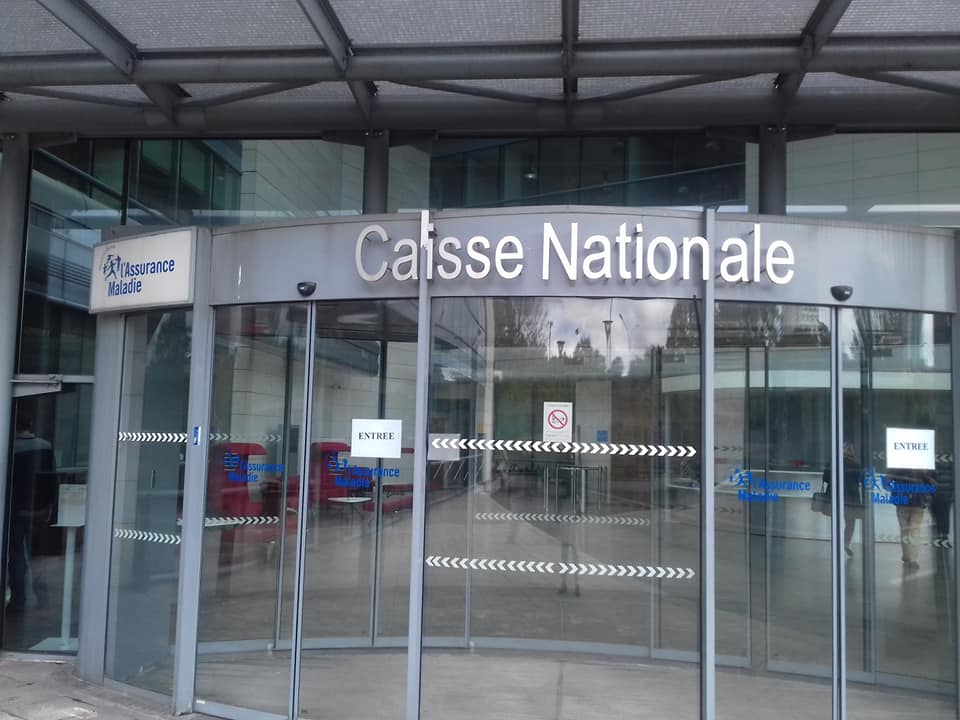In the introduction to this interview, to know why I wanted to give the floor to Virginie Megglé on the problem of the association: I know Virginie Megglé by her books for fifteen years, and we have exchanged many times by mails on some of them, particularly on "between mother and son, a story of love and desire", but also on "amazing fragility", which resonates so much for us.
I am delighted and honored that she was kind enough to answer our questions.
Virginie, what would you say to introduce yourself?
Psychoanalyst, of literary training, I am also the author of several works, published in particular at Eyrolles, Odile Jacob, Leduc, Solar. It is out of vital necessity, that I have listened to the inexpressible and the unconscious, both from a personal and family, social or transgenerational point of view.
What do you perceive from the combat of the Amavea association, and what do you think?
Legitimacy and courage. It is not easy to resist the institution. To dare to criticize her when we needed her. And use of it. Paradoxically, daring to speak to question it, to denounce its abuses is to get out of victimization. Give yourself the means of health. Regain possession of his body. It is to fight its effects without however rejecting it in its entirety.
Do you think women must constantly fight, and if so, why?
Difficult to express ... it is a question of "fighting" at first. So as not to let yourself go. To get in possession of oneself. No longer be the object at the mercy of the other, whatever it is.
But in fact, it is also a question of learning to love yourself, to know yourself, to respect yourself. To be expressed. In a world that does not want to hear a singular word, which denies sensitivity, on the pretext of objectivity and refuses to take it into account, for the sole benefit of knowledge. Sensitivity should however nourish knowledge and knowledge allow us to better take care of our sensitivity. One should not go without the other or be to the detriment of the other. So, more than fighting, it would be learning to assert yourself, to express themselves, to listen to of course and to be heard. In this sense, Amavéa seems to me to be a precious "megapper".
Do you think the woman is too medicalized and too infantilized during her lifetime?
Medical, yes. It is the reverse of scientific progress. I would even say the so-called scientific progress. The medical is trivialized as if he became the norm. And often without taking into account psychological impacts.
The pill, for example, was progress for women (in the time of our mothers and grandmothers) which multiplied false layers or risky abortions, in sad and formidable conditions. It was the symbol of a legitimate fight.
Whether it is administered as a standard to young girls, adolescent girls, from 13 or 14 years old for example, whether they are trivialized, has perverse effects. The girl's body is medicalized, and no longer belongs to her (contrary to what he is suggested). It seems "normal", that is to say "as if it was natural". A discovery is progress in a certain context, but not progress in itself, in absolute terms. It should not be trivialized. Young women and the youngest must learn to think, to love, to know their bodies, and its limits. What I may say badly or badly heard. And yet the clinic gives me to think. Young women under automatic contraception from adolescence did not have time to know, to live their bodies. To discover it. The love act can become an automation and therefore no longer be in love. This is how some women find themselves at 45 years old spent with a desire for a child whom they only know how to do. In a body that they never really lived.
Infantilized ... From the moment when her "health" depends on the (large) medical profession, a young girl, a woman, is infantilized. While having most often the impression of being "a big", since it is "free". Freedom is not something that we are granted. It is acquired, by its own resources, it is discovered. She "wins", she is like a wonder.
But the inheritance is not thought of. And finally women are much more deprived than they seem. They seem strong and released ("like men", "like boys") but they are in ignorance (of what animates them as harmful backlash of certain "progress".
Absolute confidence in "science" maintains in debility. Science has replaced the authority of the male of formerly. We should submit to it. Without it, of course, is unlike an act of submission, especially if its appeal is proposed- sometimes even imposed- as a liberating act! Indeed, obeying science seems first to be an act of intelligence, but in fact, it is conditioned, when our health and our psychomotor faculties are at stake, by fear.
Our body is vulnerable. It should only be approached in the delicacy and in the respectful questioning.
What do you think of the word "Benin", often used by gynecologists in our case, to play down and say that "all that is not very serious"? Even if meningioma is a tumor of the meninges, therefore of the envelope of the brain and not of the brain itself, when it is necessary to operate, it is necessary to open the cranial box, with all the possible sequelae of stroke, aphasia, hemiplegia, etc ...
"Benin" is a term that minimizes. Who suggests that "elsewhere, there is much more serious". At the risk of also decreasing interest and therefore the care and attention essential to the pain caused by this evil says Benin. The pain, whatever it is, has its severity at the moment. Here and now. You cannot compare pain to another to minimize it. Pain is a call to care, for attention. And it is this treatment, this attention, which will be brought to it which will allow it to dissipate. If it is not heard, it increases.
When a doctor speaks to a patient or a patient of more serious cases than his, it is as if this doctor was absent from this patient. As if he invited him to ignore his case to project himself, out of himself, in a room in order to take into account supposedly more serious cases. In other words, as if he suggested being elsewhere at the very moment when however all the attention must be centered on his case, in order to favor the best chances of healing! He diverts attention to contempt for both psychic and physical pain.
It is act of cruelty to want to minimize the pain. Meningioma awakens the first vulnerability. This one to be careful needs tact, delicacy.
When a patient suffers, our full attention must be dedicated to him. The quality of this attention will help him to cure as much as the surgical procedure. It is vital for her (- it would be the same if it was a man-) to know himself, in the center, in the heart of our attention. Above all, she needs to feel confident.
What is more if it is an operation that concerns the head. We then feel so helpless, so fragile ...
It is rather healthy to fear the consequences of such an operation. It is up to the doctor, to the surgeon, to comfort, first listening to concern, without trivializing or minting it.
The fact is that a number of caregivers are disturbed by the concern of the patients, because they wakes up, and that they learned to suffocate it, to silence it. Instead of dissipating it gradually but surely by listening to it themselves. Amavea proves how listening, attention is essential in terms of care. We need to be heard, to feel understood ... and not rejected! Rejection goes against the care that is supposed to bring medicine! Negligence too!
When you observe a visible wound, you can be amazed. We feel stronger, stronger. But this reconstruction must be favored by an "emotional" climate of trust. We feel so helpless when we lose the use of our faculties! There can be no medical act without being thought of to help patients, patients, to regain confidence. It is this confidence that will participate in the reconstruction of the tissues and will help heal. Including psychologically.
Psychologically, when you discover you "a tumor in your head", what does it mean, what does the person hear?
Losing your head, no longer having your head ... Our head seems to be the engine of our whole being. These expressions confirm this. No doubt it is not necessary. To lose your head is risky to be locked up for life, to be reduced to nothing [1] . One of the worst crimes of humanity is that of having been able to "cut heads". It's monstrous. To discover that you have a tumor in your head is to feel that you can become the prey of anyone. Or the object of contempt, rejection, immeasurable abuse, at the same time as one would lose all its means. While the approach of a person who solicits aid proves that they have in itself extraordinary means, and until then unsuspected. This operation was for her (for you) the opportunity to discover it. But your approach will allow other women to discover it. And ideally preventively. By making it heard: "Learn to listen to yourself, to love yourself, not to let yourself be done. Learn to respect yourself. To make you respect. To discover people who will make you good and to whom you will do it, because the reciprocal is a precious notion. Doing good to a patient is also precious for the caregiver! Our patients help us not to lose our heads! By helping them, we are obliged to find the right gesture, the gesture best suited for them precisely, so that they no longer have the impression of losing their heads. Because in fact it is often this impression that leads patients to us ...
It is in emotional solitude that one has the impression of losing your head, and by entering into contact with one, another, in benevolence, that one has the impression of finding it!
It is at the level of the head that our impressions are manifested. Our reflection. Our ability to act. It is she who informs us. This is why everything that affects him is cruelly experienced. Losing your head is being stripped, dispossessed ... When a patient fears to lose their heads, it is a question of listening to fear, and not to silence it. This is how he will resume possession of his means, including his faculty to say no to what does not suit him, that he will cover in this way making his instinct essential to life. Life is created in the movement ... by advancing. To lose your head is to feel delivered to the free will of the other. A caregiver who listens is a caregiver who "helps to find his head". It is a brand of essential respect!
Does an open head box, does it not have a connection with the fragility, theme that is dear to you and of which you made a book? With "the concern inherent in more powerful dependence than yourself" possible after such an operation (and frequent, at least the first weeks, and even for an operation that goes well)?
Yes, I probably developed it a little higher. The progress - certain progress - of medicine is extraordinary. But we are not allowed to trivialize them. Progress is only progress in a certain context, at some point in history (personal, social). It cannot be reduced to an act or generalized. Opening a cranial box can be an act of care but also a barbaric act. We have this barbarism in memory. She (re) emerges to consciousness during an operation. Each operation (even if they are more and more frequent) is to be considered as a sacred act.
It is also, well conducted, the opportunity to acquire a revival of energy. (We have kept in unspeakable memory the acts of treaty accomplished in the no of science if only under the Nazi regime and still others). But as in all that is a rewarfness, any operation leads us to contact our original fragility. Surgeons should be educated. Some are naturally. Because they never denied or rejected their own fragility. Neither for themselves nor for others. These are real caregivers. Other caregivers unfortunately only became denying it. By surpassing it. By sublimating it, which seems more noble and admirable perhaps; But yet can only be done with self -contempt, in defiance of love and living. Because denying its primary fragility is denying yourself. And encourage the other to deny it. While a surgical operation, (like a "burn out") is an extraordinary opportunity to reconsider it and learn to better appreciate the extraordinary of life (which includes without having to forget this primary fragility). Then the surgical procedure, like any therapeutic act can resume its miracle dimension. Like the miracle of life.
[1] See the fate reserved for the daughter of James Joyce (read "Julia Joyce, crazy daughter of her father, of Eugène Durif, Le Canoë editions); In Rosemary Kennedy, which I approach in my astonishing fragile book, or to Camille Claudel.
Interview by Emmanuelle, president of the AMAVEA association
To find out more about Virginie Megglé:
https://www.psychanalyse-en-mouvement.net/actualities/article-493-20191129493-la-metamorphose-une-video-de-anne-condomine-al-occasion-de-la-sortie-de-quand-l-nfant
You can write to him at virginiemeggle@gmail.com





